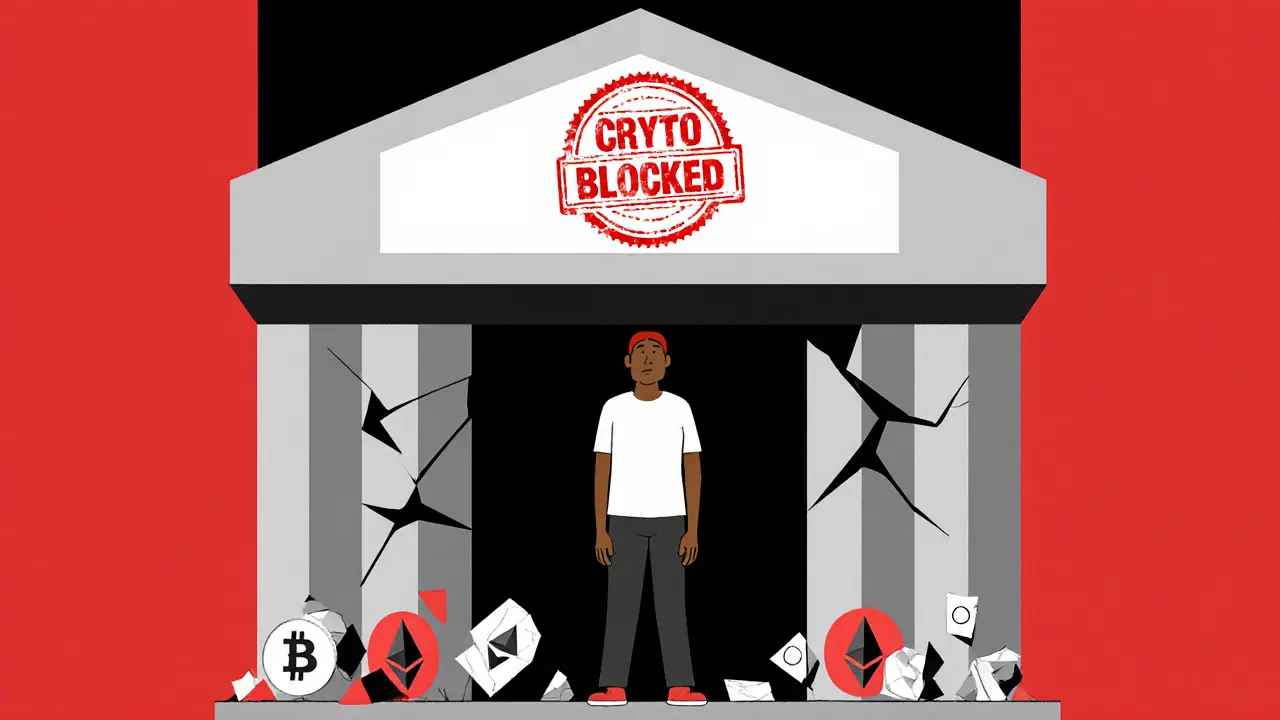Crypto Regulations by Country: What’s Legal, What’s Banned, and Where to Trade Safe
When it comes to crypto regulations by country, the legal status of digital assets differs dramatically from one nation to the next. Also known as digital asset laws, these rules decide whether you can buy Bitcoin, run an exchange, or get fined for using crypto to send money home. One day you’re trading on a licensed platform in Nigeria, the next you’re facing arrest in Afghanistan—all because of where you live.
Crypto exchange license, a formal approval from a government body allowing a platform to operate legally. Also known as VASP registration, it’s the difference between a platform like Binance operating openly in Japan and a fake site like GoodExchange vanishing overnight. Countries like Pakistan now require strict licensing under PVARA, while Qatar bans crypto trading entirely but lets companies tokenize real estate. That’s not a contradiction—it’s a strategy. Some governments want to control the flow of money, not kill innovation.
Crypto legal status, whether a country treats crypto as property, currency, or illegal. Also known as cryptocurrency legality, it shapes everything from taxes to bank access. In Nigeria, crypto is fully regulated—you must register with the SEC, pay taxes, and use licensed exchanges. In the U.S., it’s a patchwork of state and federal rules. Meanwhile, in places like El Salvador, Bitcoin is legal tender. But in countries like China or Afghanistan, just owning crypto can land you in trouble. The Taliban arrested traders. China shut down mining farms. These aren’t outliers—they’re warning signs.
And don’t forget crypto taxation, how governments tax your gains, income, or even wallet-to-wallet transfers. Some countries tax every trade like a stock sale. Others ignore it until you cash out. A few, like Portugal, don’t tax it at all. Your tax bill isn’t just about profit—it’s about location. A trader in Germany pays capital gains tax. One in Singapore pays nothing. That’s not a loophole—it’s policy.
What you’ll find below isn’t a list of laws. It’s a collection of real cases—how Qatar bans crypto but allows tokenized sukuk, how Pakistan’s licensing process is still messy, how Nigeria’s rules finally brought banks into the fold, and how JPEX’s fraud exposed the dangers of unregulated exchanges in Hong Kong. These aren’t abstract policies. They’re decisions that cost people money, freedom, and trust. Whether you’re holding a meme coin, staking on a new chain, or just trying to send remittances, your next move depends on where you are. This isn’t about global harmony. It’s about survival in a world where the rules change with your border.
Banking Access for Crypto Traders by Country: Where It’s Easy vs. Blocked in 2025
In 2025, banking access for crypto traders varies wildly by country. Some nations block it entirely, while others offer clear paths to legal, stable accounts. Here’s where you can bank-and where you can’t.
learn more